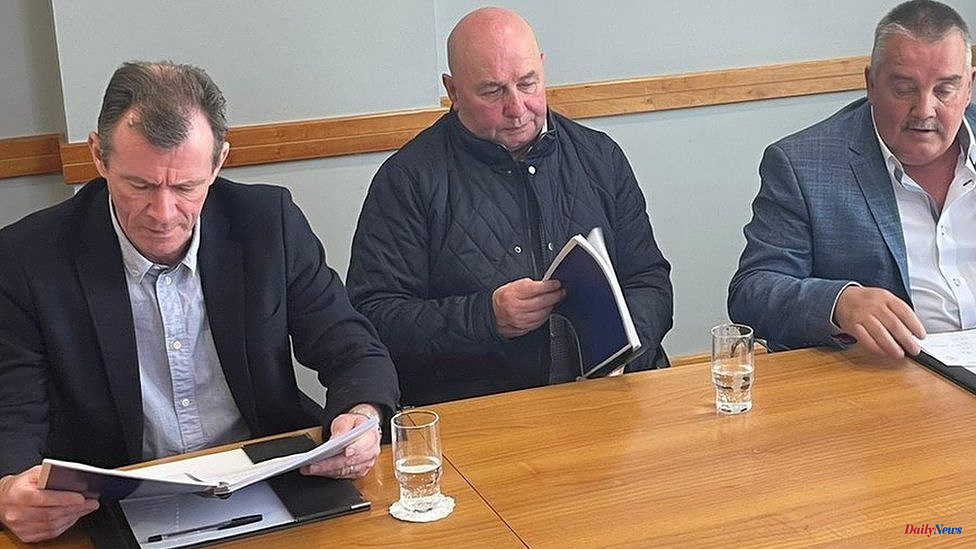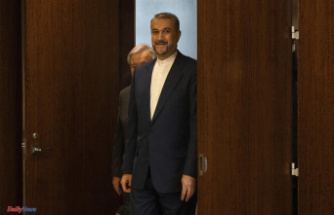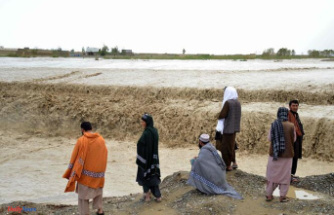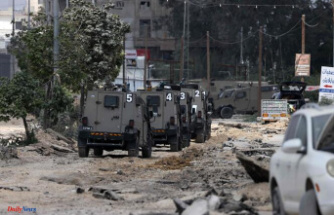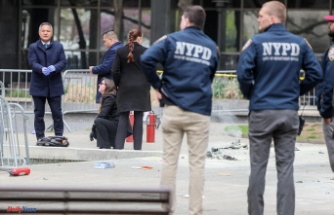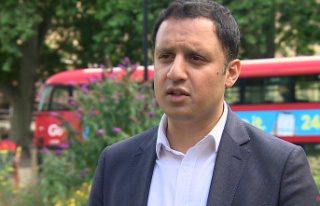Londonderry man criticizes two police unions for challenging the Police Ombudsman report which cleared his name.
Gerard Kelly was among four men accused of killing Lt Stephen Kirby at Londonderry in 1979.
Gerry McGowan and Michael Toner, Stephen Crumlish, and Mr Kelly are known as the Derry Four. They fled Northern Ireland until they were acquitted in 1998.
The Police Ombudsman stated last month that they were "coerced into" confessing to murder.
With the support of Police Federation, the Northern Ireland Retired Police Officer's Association has secured a date to challenge the report's finding that confessions by the men were "unfairly obtained".
The association also challenges two other Police Ombudsman Reports into atrocities perpetrated by loyalist paramilitaries including the Greysteel massacre of 1993.
Kelly spoke to BBC Radio Foyle's Breakfast Show and said that he wants closure and to move on in his life.
Kelly stated, "I am bewildered and find it amazing that they are actually taking such cases."
"What are they trying to achieve?" What are they able to learn from what happened 40 years ago on the Strand Road?
"What are they trying to do against all the families that have fought and struggled for years to get to where they are now?
"None want this, we just need closure."
Kelly said that it felt like their "ordeal" was being prolonged by this move.
Lt Kirby was an officer in Royal Welsh Fusiliers and was killed by an IRA sniper while he was walking in the Abercorn Road area in Derry on February 14, 1979.
All four of the men accused in his murder were teenagers at that time.
They lived in Northern Ireland for over 20 years, before being acquitted.
They were never extradited during that period.
Marie Anderson, Police Ombudsman, stated in her report last month that the four men should have had legal representation while being detained at Strand Road RUC Station.
BBC Radio Foyle reached out to the Northern Ireland Retired Police Officer's Association, but they declined.
The Police Federation stated that they are "very conscious of families affected by these horrific incidents".
They added: "But for some while now, the Federation has been concerned about the questionable approach & tone adopted by the Office of the Police Ombudsman with respect to legacy cases.
"We have seen broad conclusions that appear to be based more on opinion than evidence, and fail to consider the context of the policing environment during an unprecedented terrorist attack.
"We feel it is time for legal challenge the Office of the Ombudsman. That is why we seek leave to apply to the High Court for a judicial Review."
A spokesperson for Police Ombudsman stated that the ombudsman makes clear in every public statement the lawful basis of her conclusions and context for the police actions she's investigating.
"The Court of Appeal ruled the Ombudsman's function is to investigate.
"Decisions about whether an officer's actions were criminality or misconduct should be made in other forums, such as a criminal trial or disciplinary panel.
"As the Court of Appeal stated, the Police Ombudsman's function is to acknowledge whether the matters discovered by an investigation are very much what the families claimed was collusive behavior.
"Wherever the Police Ombudsman finds collusive behaviours, she gives clear reasons for her decision."

